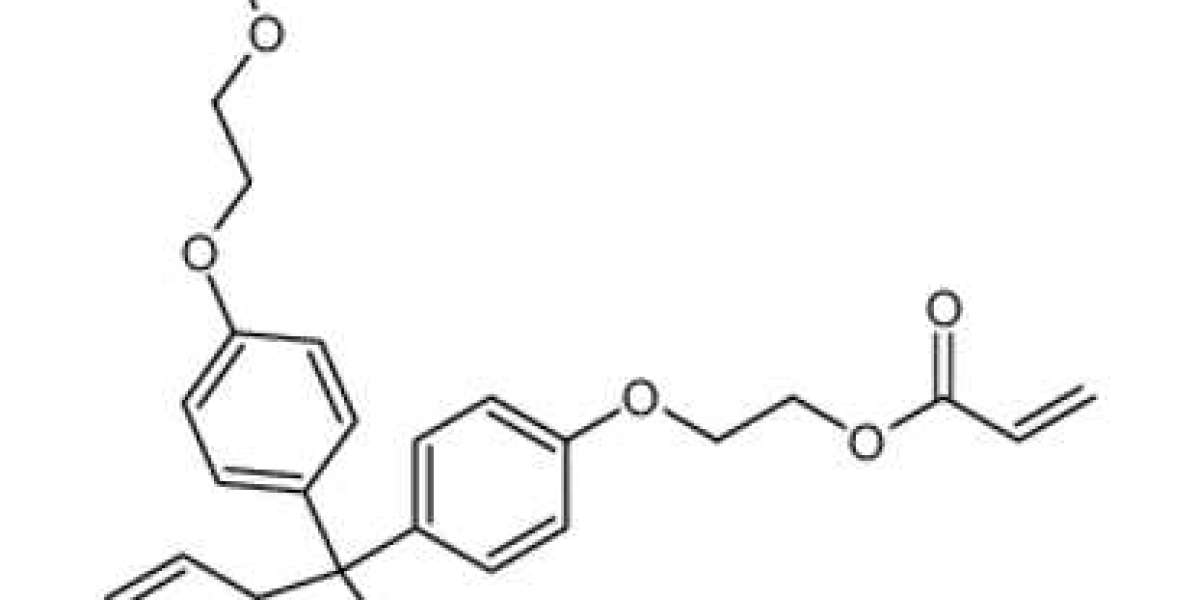How is the Oncology Biosimilars Market Growing in North America and Europe?
The oncology biosimilars market in North America and Europe is experiencing substantial growth, propelled by recent regulatory approvals and strategic collaborations among key players. In North America, particularly the U.S., the FDA’s increasing number of biosimilar approvals since 2015 has significantly expanded the market. This regulatory support fosters an environment for companies to introduce new biosimilars, thereby improving cancer care accessibility and reducing treatment costs. Europe, being an early adopter, continues to grow rapidly with established partnerships among companies like Pfizer, Mylan, and Sandoz, who lead in R&D for biosimilar innovation. European organizations are known for pioneering launches in cancer biosimilars, which facilitates broader acceptance and utilization in healthcare systems
.
Which Companies are Leading in the Oncology Biosimilars Market and What Innovations are They Bringing?
Several companies are spearheading the oncology biosimilars sector with significant advancements in technology and product offerings. Amgen, Biocon, Samsung Bioepis, and Pfizer are among the top players. For example, Samsung Bioepis has been utilizing cutting-edge bioprocessing technologies to reduce production costs while enhancing quality. Biocon, a major player in oncology biosimilars, is advancing its technology to increase biosimilar affordability and accessibility. Pfizer and Mylan, through their joint venture with Biocon, have developed multiple biosimilar products like Ogivri (biosimilar to trastuzumab) for treating various cancers
.
Top innovations include:
- Monoclonal Antibodies: These are highly specific and effective in targeting cancer cells, a primary focus of biosimilar companies aiming to introduce cost-effective options.
- Immunomodulators: This biosimilar class is being developed by companies like Amgen, which focuses on stimulating the immune system to improve response to cancer cells .
What Regulatory Challenges Affect the Oncology Biosimilars Market?
Navigating the regulatory landscape is complex yet essential for the oncology biosimilars market. In the U.S., FDA approvals for biosimilars can be rigorous, with strict quality, safety, and efficacy requirements. However, in response to increasing demand and potential cost savings, the FDA has adopted more flexible guidelines to expedite biosimilar approvals. Meanwhile, the European Medicines Agency (EMA) has also streamlined approvals, making Europe an ideal region for biosimilar rollouts. These agencies help establish a framework that guides the market, but compliance remains a challenge, especially with evolving guidelines
.
What Role do Monoclonal Antibodies Play in the Development of Oncology Biosimilars?
Monoclonal antibodies are at the forefront of oncology biosimilars, representing a significant portion of new developments due to their proven effectiveness in targeted cancer therapies. Companies like Samsung Bioepis and Biogen are pioneering in this area, investing in monoclonal antibody biosimilars to offer lower-cost alternatives to branded treatments without compromising efficacy. These antibodies work by binding to specific antigens on cancer cells, leading to better-targeted treatments with fewer side effects. As technology progresses, biosimilar companies are finding more cost-effective ways to develop and distribute these therapies, expanding their availability globally
| For more info. | Market Research | orthopedic surgical robot market | |
| otc health product market | |||
ovarian cancer diagnostic market
|


